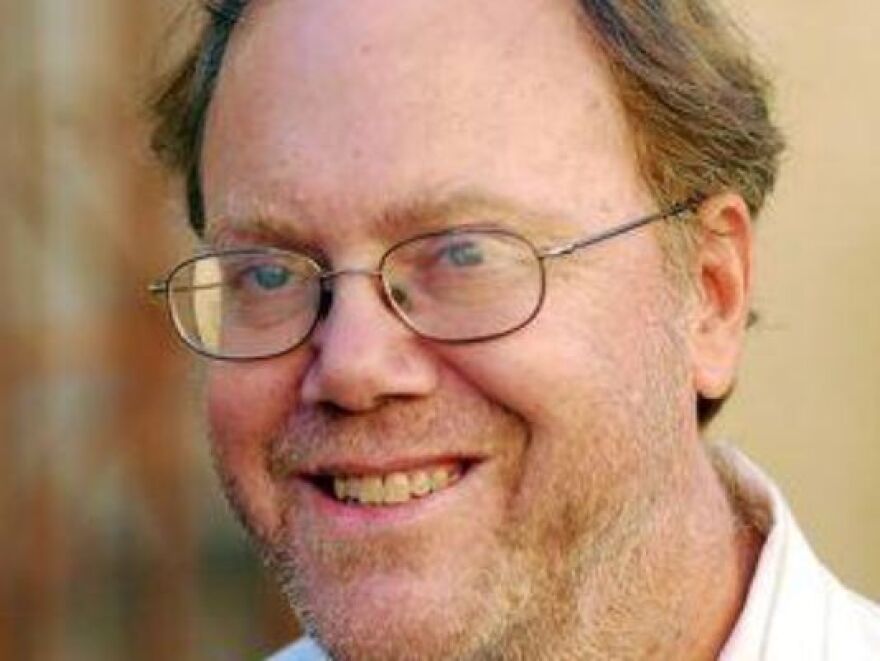Commentary: This year, Dr. No is saying yes.
Sen. John Arthur Smith of Deming has earned that moniker after decades of serving as one of the Legislature’s chief budget writers in a state where revenue has fluctuated wildly from year to year based on the international market for oil and gas - something we have absolutely no control over. And so, Smith is always looking at what he calls the “out years” - two years, five years, 10 years from now. That’s especially true in years like this one, when the coffers are full.
It was Smith’s opposition to a series of bills over the past several years seeking to tap into the state’s permanent fund to create a new funding source for early childhood education that led to the title of Dr. No. Each year, those bills have died in Smith’s Senate Finance Committee without ever getting a hearing.
It was considered something of a breakthrough last year when Gov. Michelle Lujan Grisham convinced Smith to at least give the bill a hearing. She made the most of that opportunity, bringing her 3-year-old granddaughter along to sit on her lap as she made a passionate appeal.
Smith and the committee listened politely, then moved on without taking a vote.
This year, however, Smith has agreed to sign on as cosponsor to a bill by House Minority Whip Doreen Gallegos of Las Cruces to establish a dedicated funding source for early childhood education without tapping into the permanent fund.
The Early Childhood Education and Care fund would be established within the state treasury, with money from the general fund. Gov. Lujan Grisham’s preliminary budget proposal includes $320 million to start the new fund.
The new Early Childhood Education Department, which was created by the Legislature last year, will be responsible for deciding how those funds are spent.
Gallegos, who is a designee to the Legislative Finance Committee, said she has proposed similar legislation before, and had conferred with Smith on those past bills. He wasn’t a supporter at first, she said, but was generous with his advice. Over time, as they continued working on the bill, he came around.
It is, to be sure, a compromise.
Tapping into the permanent fund would provide a larger, more reliable stream of revenue.
Smith and others argue that the permanent fund was intended to provide for the state after the oil and gas revenue is gone. Supporters argue that it makes no sense to keep billions of dollars in the bank when our state has the worst child-wellbeing ranking in the nation.
That debate is still worth having. But it makes no sense to continue relying solely on the same bill when everyone knows exactly where and how it will die.
This will allow the state to get new programs up and running as the debate over the permanent fund continues.
The expectation is that the money in the fund will be invested wisely and will grow over time. The immediate result will be that on July 1, 2021, $20 million will be made available from the fund, and can immediately be put to use.
Distributions each year after that will be at least $30 million, and could be more, depending on the market value of the fund.
Last year, I thought the Legislature put the cart before the horse when they created a new cabinet-level position without a dedicated source of funding. This would remedy that situation.
With both Sen. Smith and Gov. Lujan Grisham on board, it would appear that the bill has solid support going into the session, which starts of Jan. 21.
Walt Rubel can be reached at waltrubel@gmail.com.


